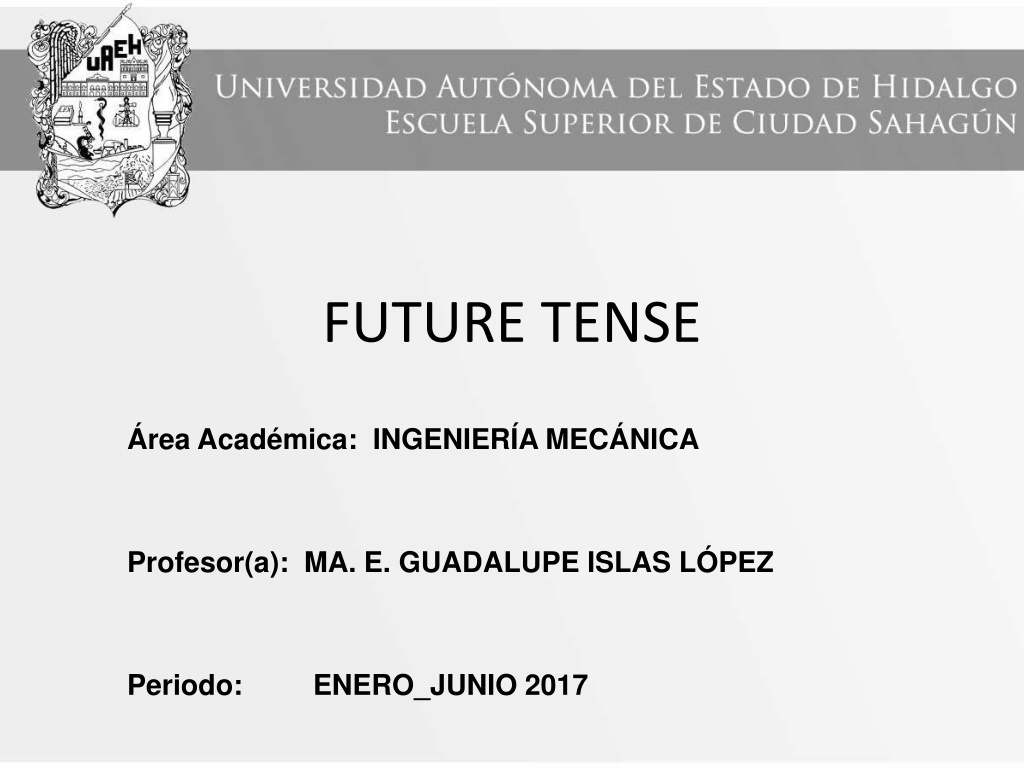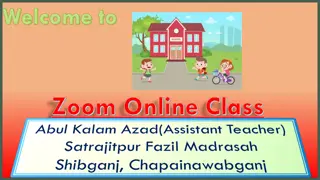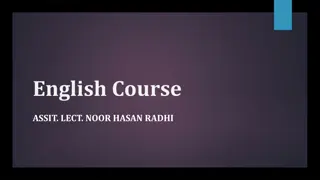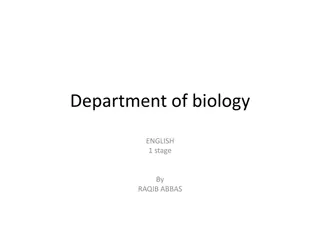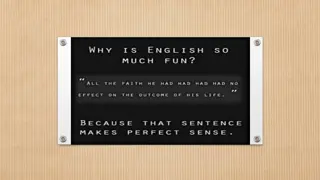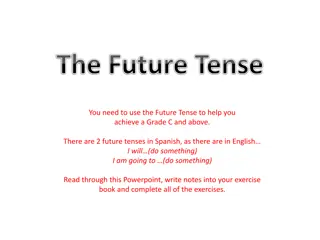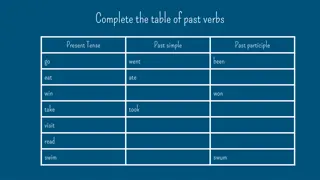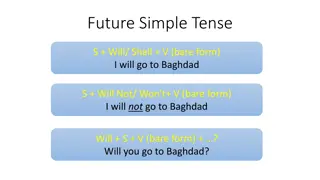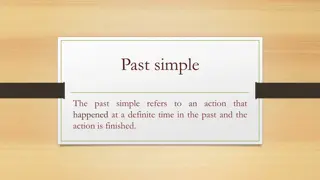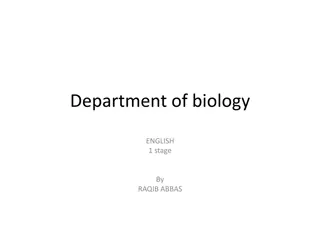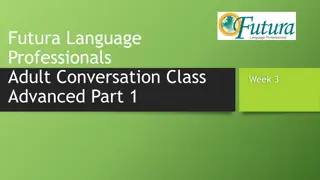Understanding Future Tense in English Grammar
The future tense is used to talk about events that will happen later. It can be used for decisions, plans, and intentions. There are two main forms: "will" and "going to," each with specific uses and meanings. "Will" is used for instant decisions, predictions, promises, and offers. On the other hand, "going to" is used for future plans and intentions, as well as predictions based on current observations. Both forms play a key role in expressing future actions and thoughts in English.
Download Presentation

Please find below an Image/Link to download the presentation.
The content on the website is provided AS IS for your information and personal use only. It may not be sold, licensed, or shared on other websites without obtaining consent from the author. Download presentation by click this link. If you encounter any issues during the download, it is possible that the publisher has removed the file from their server.
E N D
Presentation Transcript
FUTURE TENSE rea Acad mica: INGENIER A MEC NICA Profesor(a): MA. E. GUADALUPE ISLAS L PEZ Periodo: ENERO_JUNIO 2017
FUTURE TENSE Resumen El tiempo futuro lo vamos a utilizar para eventos que se van a desarrollar en un tiempo posterior; puede utilizarse para decisiones, planes, intenciones. Abstract We are going to use future tense for events that they will happened after. We are going to use for decisions, plans or intentions. Keywords: future, decisions, plans, intentions
FUTURE TENSES: WILL / GOING TO I will travel to Japan next year decision I am going to study German at school plan
WILL/GOING TO The Simple Future has two different forms in English: "will" and "be going to." Although the two forms can sometimes be used interchangeably, express two very different meanings as mentioned before. they often I will probably go to Italy next Summer I am going to fly to Italy next Saturday
Future Tense: Will Form Affirmative: I will travel to Madrid in October Interrogative : Will you travel by bus? Negative : I will not travel - won t Will you travel by train or by bus? I won t travel by bus I will probably travel by train
Future Tense: Uses of Will 1- Instant decisions: Ok, I ll see you on Friday 2- Predictions based in what we think: It will rain in the evening 3- Promises and offers: Don t worry, I ll go and buy some food for you
Future Tense: Going to Form Affirmative: I am going to travel by plane Interrogative : Are you going to travel? by plane Negative : I am not going to travel by plane because I am going to fly in a hot air balloon
Future Tense: Uses of Going to 1- Future plans and intentions: I'm going to buy a new laptop computer next week 2- Predictions based in what we can see at the moment: Look at that car! it is going to crash into the lamp post
FUTURE TENSES TIME EXPRESSIONS: Tomorrow, next week, next month, next year, I am going to travel to Copenhagen next year
FUTURE TENSES WILL/GOING TO: COMPLETE THE SENTENCES A: Why are you holding a piece of paper? B: I .. (write) a letter to my friends back home in Texas A: I'm about to fall asleep. I need to wake up! B: I (get) you a cup of coffee. We are so excited about our trip next month to France. We . (visit) Paris, Nice and Grenoble. I think he . (be) the next British Prime Minister.
OTHER WAYS OF EXPRESSING THE FUTURE The simple present and present progressive are also used to express future time. These are often used used in connection with schedules. The train leaves at 6:00 a.m. tomorrow. She is meeting a new client at six o clock in the evening and she is travelling by byke through the forest.
Referencias Redston, Ch. y Cunningham, G. (2010) Face2face.Elementary student s book. Cambridge
